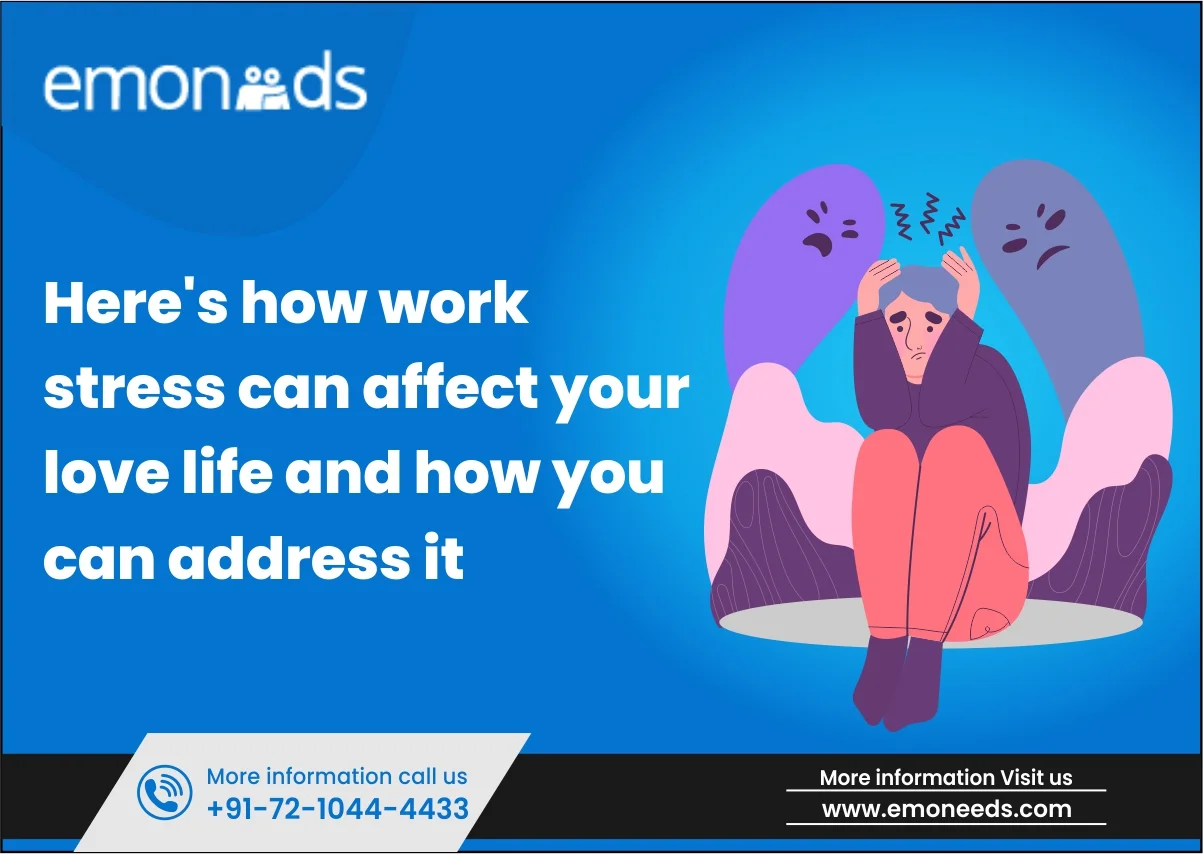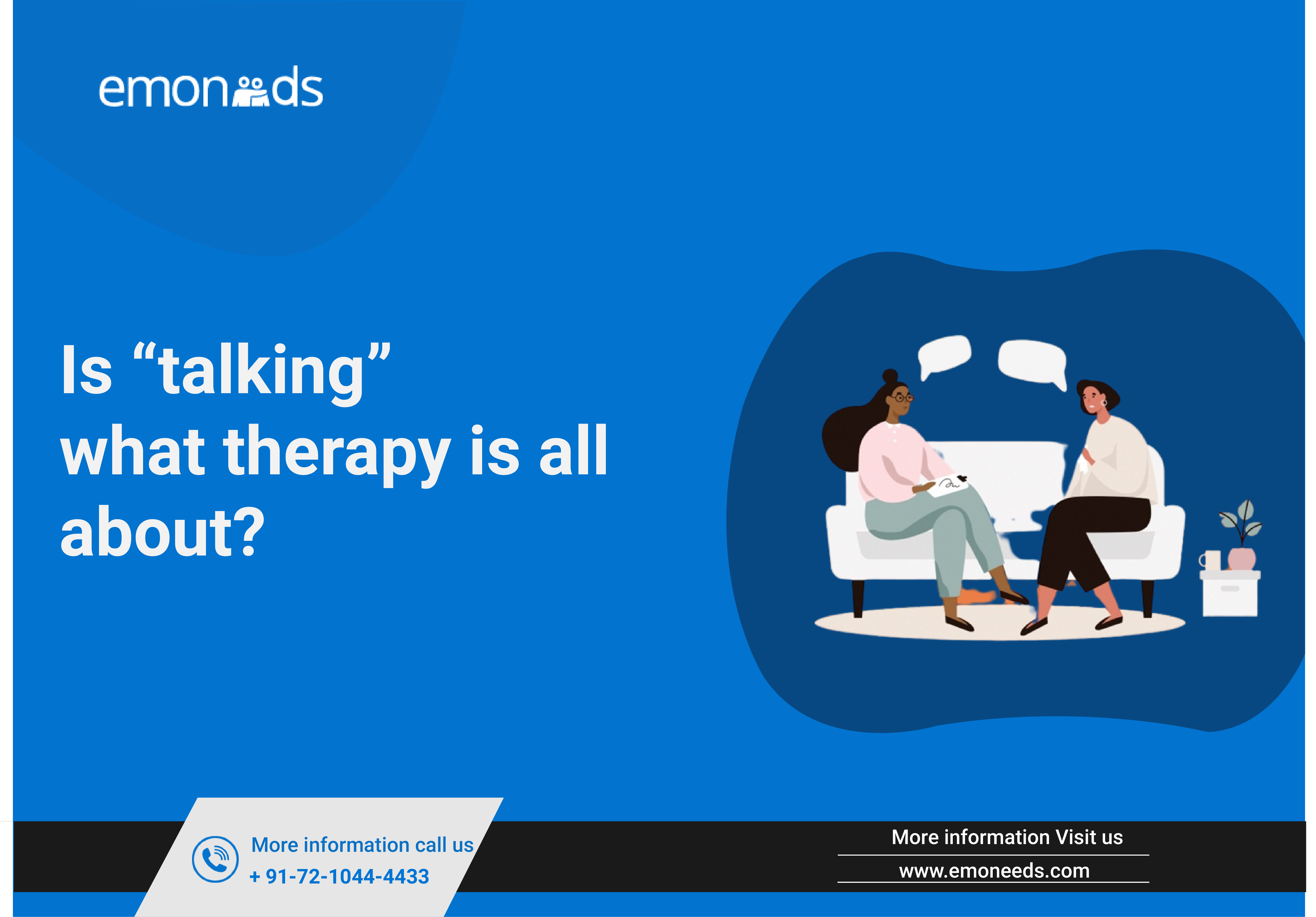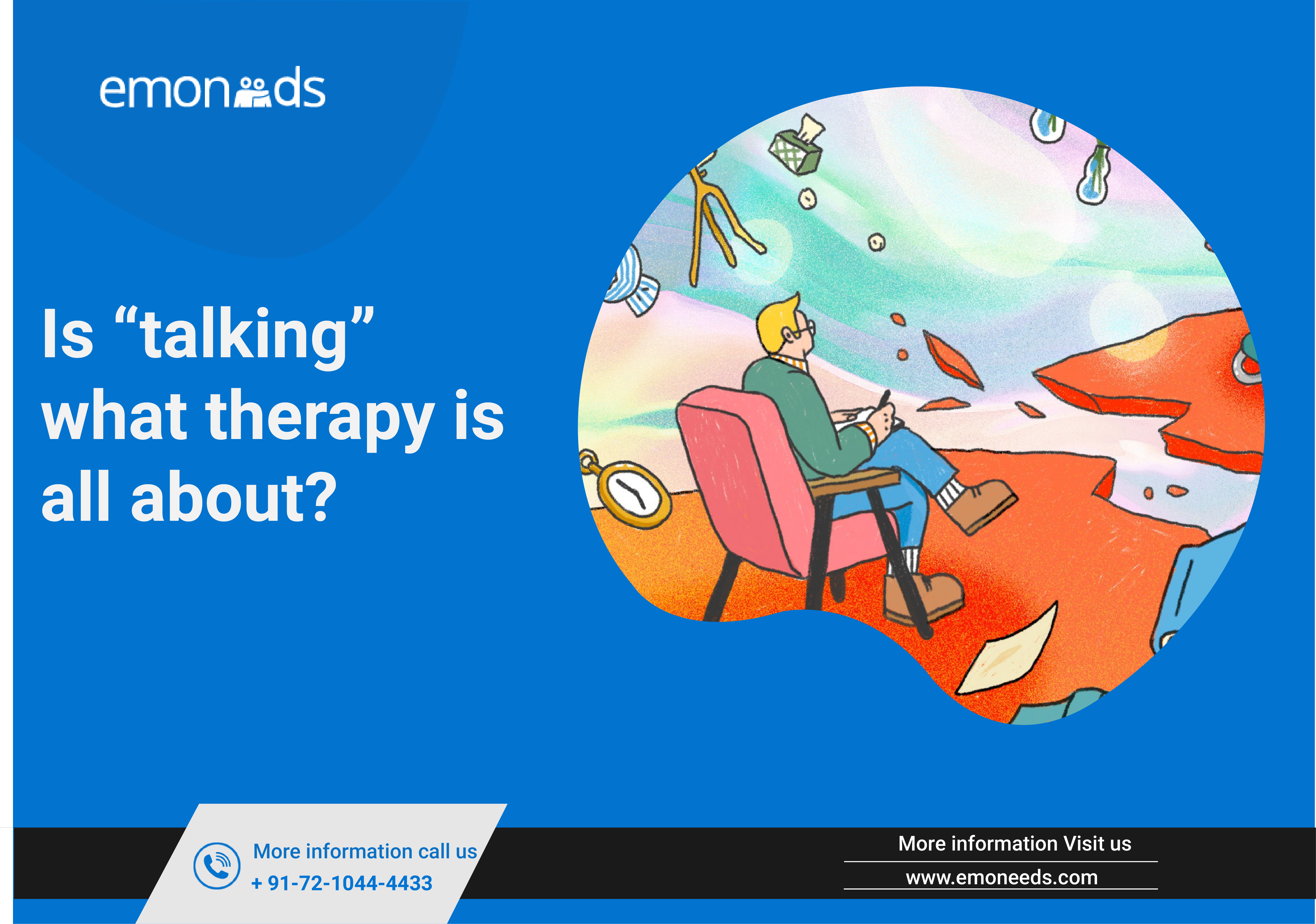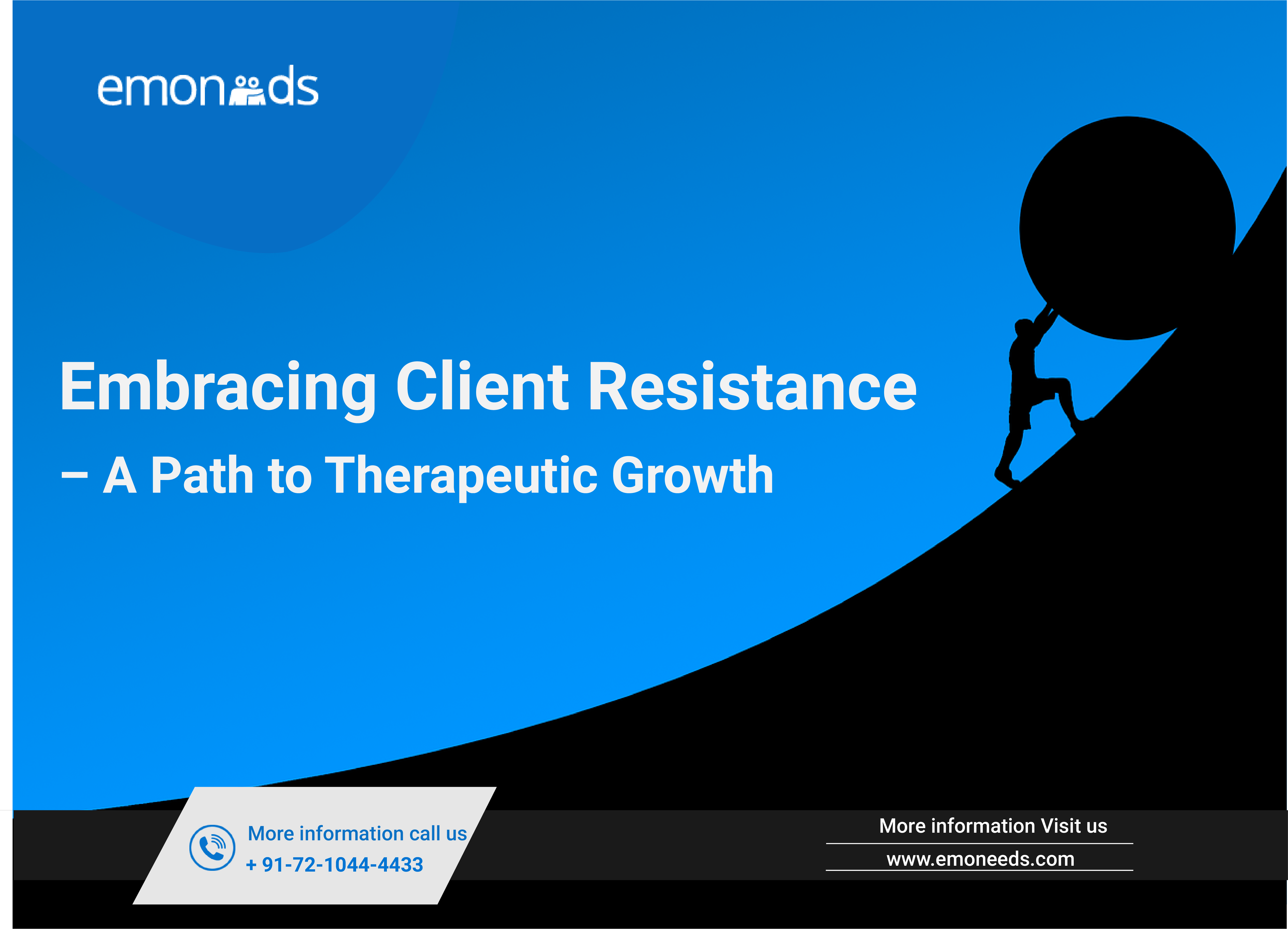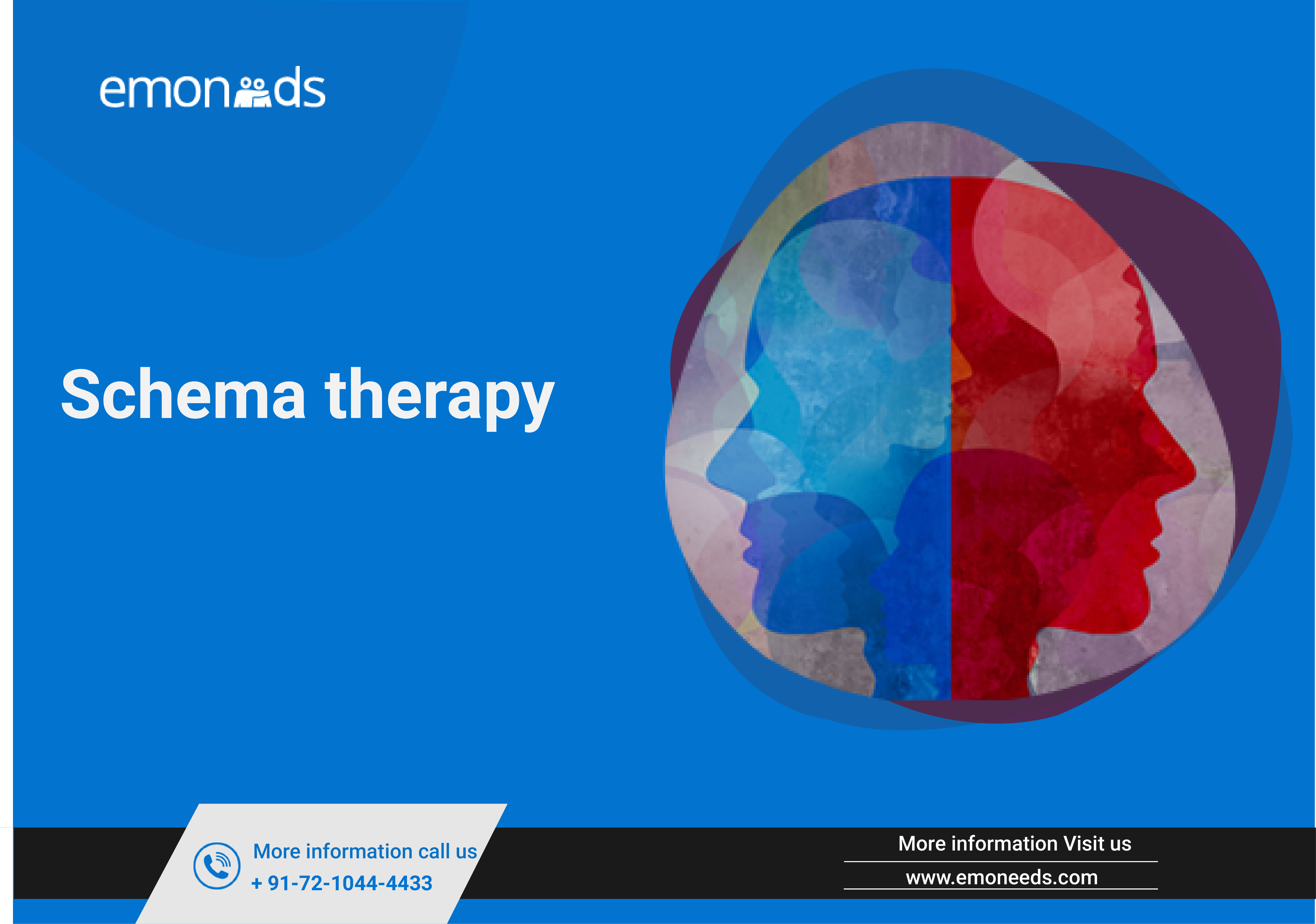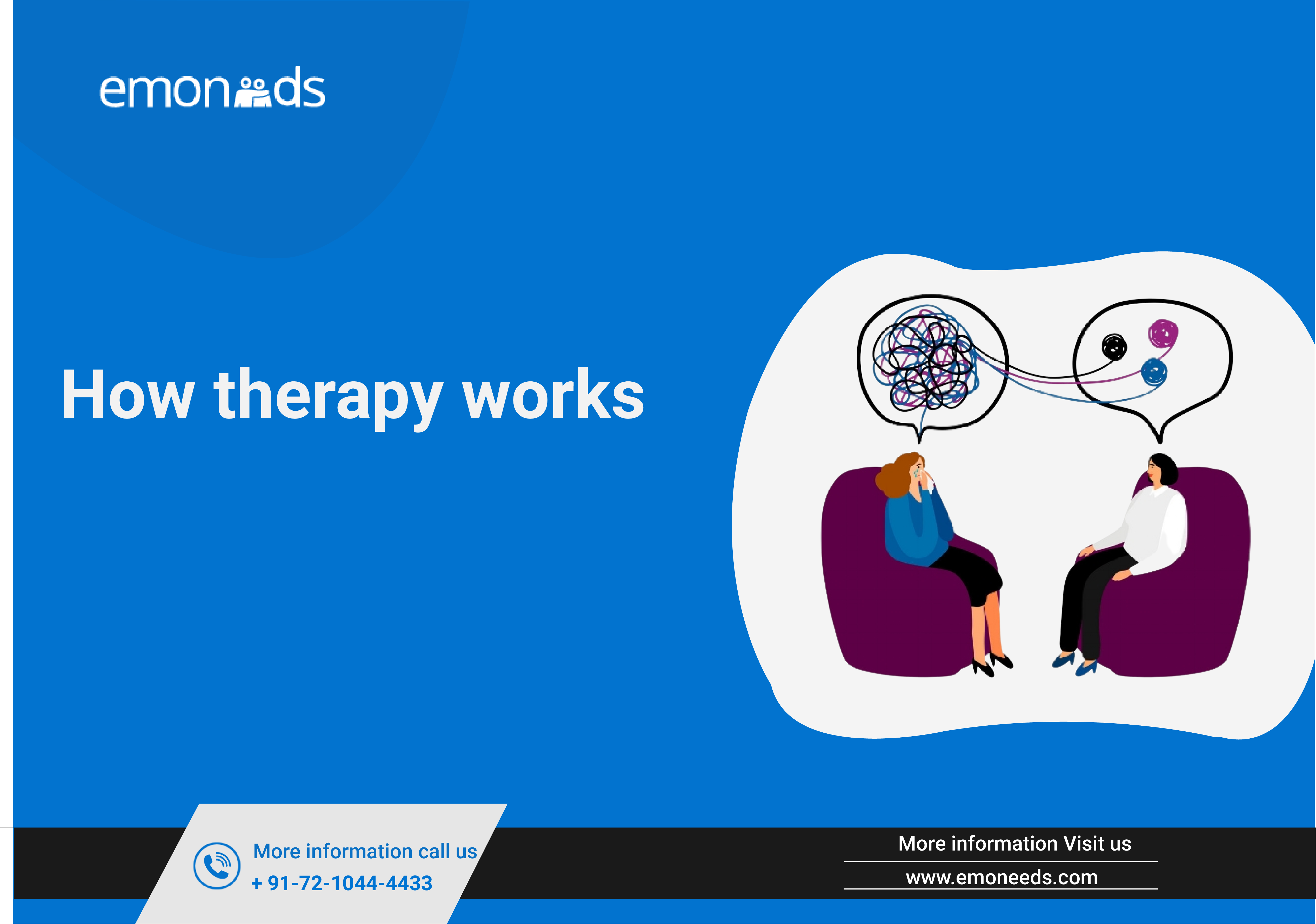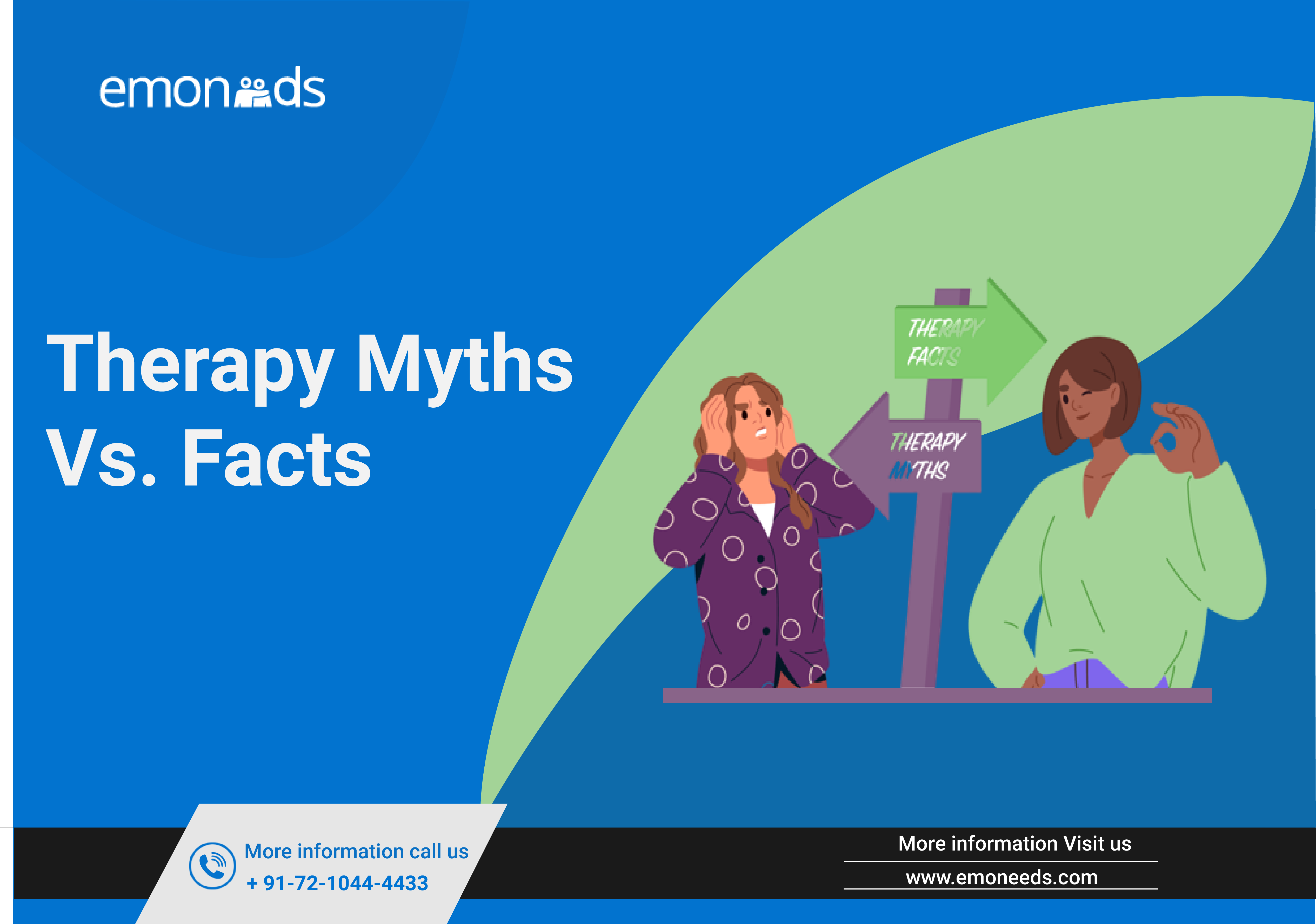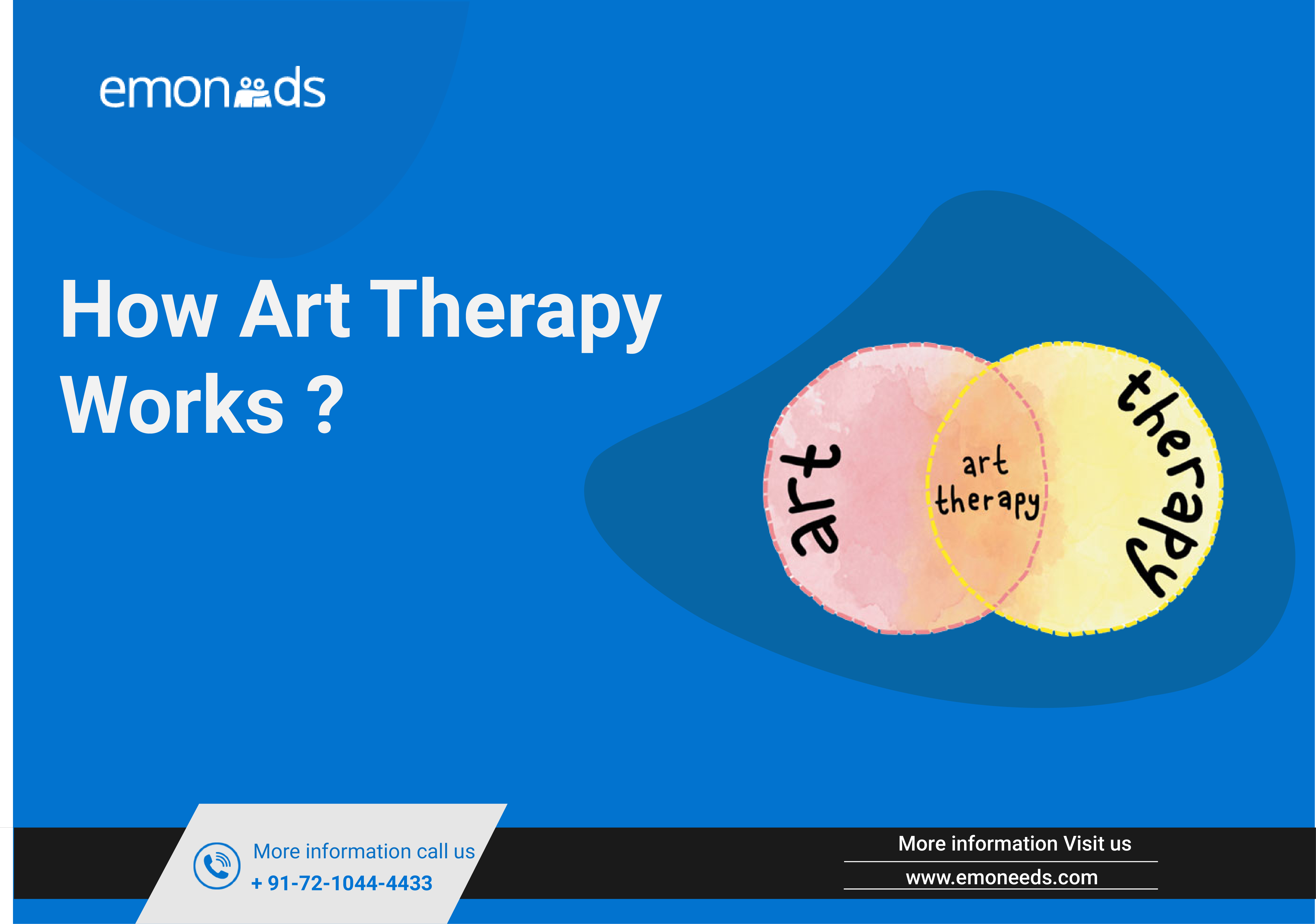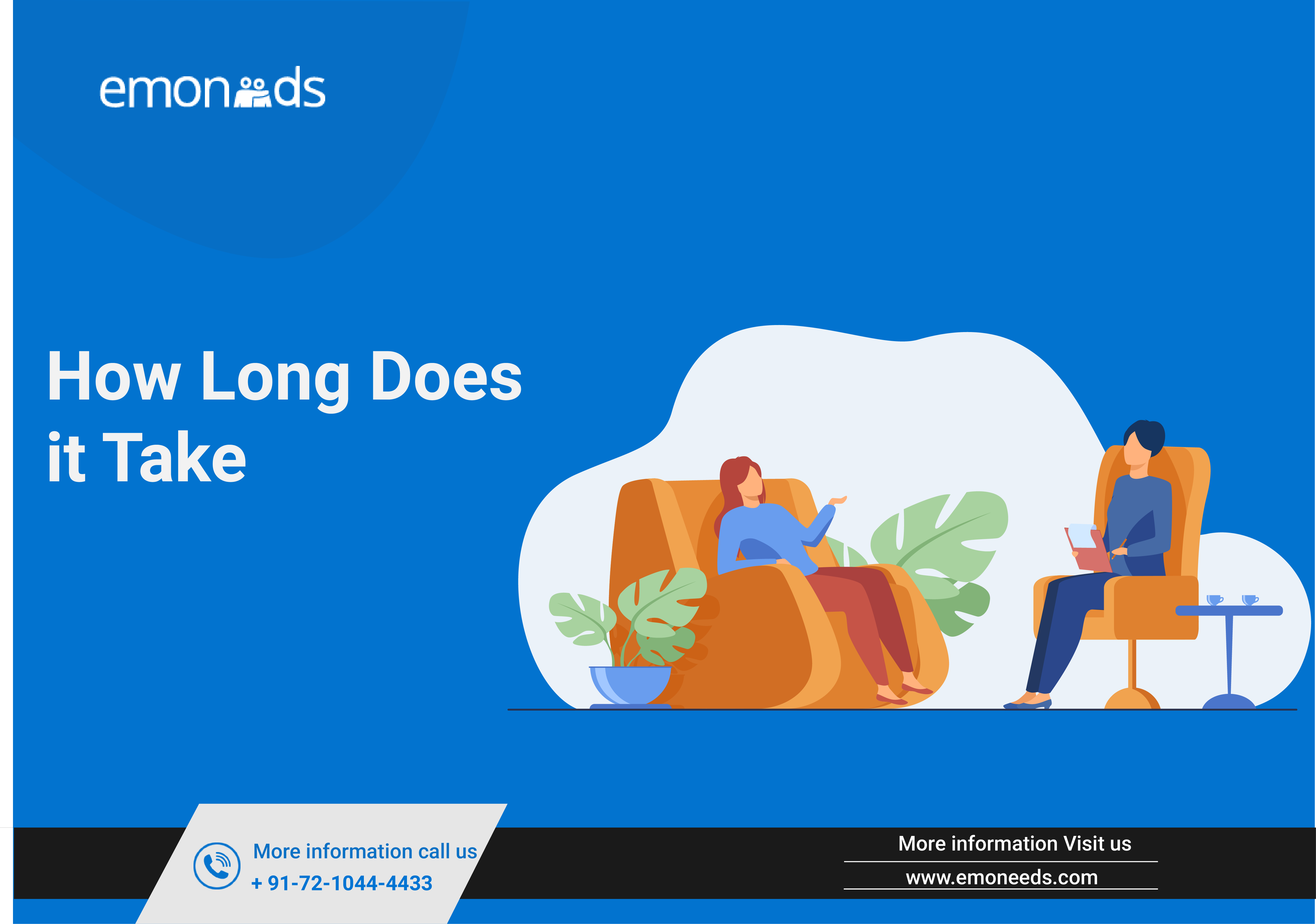
- August 14, 2023
- Saloni Kabra
- 0
Table of Contents
ToggleWritten by: Sonali Das
The Duration and Effectiveness of Psychotherapy:
A Comprehensive Analysis Psychotherapy, a widely practiced therapeutic approach for addressing psychological and emotional issues, is often sought by individuals seeking relief from a variety of mental health challenges. One common question that arises is, “How long does psychotherapy take to work?” The answer to this question is complex and varies based on multiple factors, including the type of therapy, the individual’s specific concerns, their readiness for change, and the therapist’s skillset. While there is no one-size-fits-all answer, understanding the factors that influence the duration and effectiveness of psychotherapy can provide insight into this process. Firstly, it’s important to note that psychotherapy is not a quick fix; it’s a gradual and evolving process. The duration of psychotherapy varies widely depending on the type of therapy being used. Short-term therapies, such as Cognitive Behavioral Therapy (CBT), typically span around 12 to 20 sessions and focus on specific issues like anxiety or depression. In contrast, longer-term therapies, like psychodynamic or existential therapies, can extend over several months or even years, as they delve into deeper- rooted concerns and explore the individual’s past experiences and underlying emotions. The nature of the individual’s concerns also plays a significant role in determining the duration of psychotherapy. For instance, a person experiencing mild to moderate anxiety might experience noticeable improvements within a few months of therapy. On the other hand, individuals dealing with complex trauma or personality disorders might require extended therapy to achieve substantial changes.
It’s essential to align the therapy’s length with the depth and complexity of the issues being addressed. Moreover, the willingness and motivation of the individual to actively engage in the therapeutic process are crucial factors. A person who is actively participating, completing assigned exercises, and applying insights gained from therapy outside of sessions is likely to experience quicker progress. On the contrary, someone who is resistant to change, unwilling to confront difficult emotions, or inconsistent in attending sessions might experience slower improvements. The skill and approach of the therapist also significantly impact the therapy’s effectiveness and duration. A skilled and empathetic therapist can create a safe and supportive environment that encourages the individual to open up and work through their concerns. Therapists who tailor their approach to the individual’s needs and preferences can help accelerate the healing process.
Additionally, therapists who integrate evidence-based techniques and adapt their strategies based on the individual’s progress can optimize the therapy’s effectiveness. Expectations also play a role in determining the perceived speed of progress. Individuals who enter therapy with unrealistic expectations of rapid change might become discouraged if they don’t see immediate results. Clear communication between the therapist and the individual about the anticipated timeline and the potential challenges of therapy can help manage these expectations and foster patience. In conclusion, the duration and effectiveness of psychotherapy vary based on multiple factors.
While short-term therapies may yield noticeable results in a matter of weeks or months, longer-term therapies are necessary for more complex concerns. The individual’s willingness to engage in the therapeutic process, the therapist’s skills and approach, and the individual’s readiness for change all influence the speed of progress. Importantly, therapy is not solely about achieving rapid results but rather about creating sustainable and lasting changes that enhance mental well-being. Managing expectations and fostering open communication between the individual and therapist can help
navigate the journey of psychotherapy more effectively.

